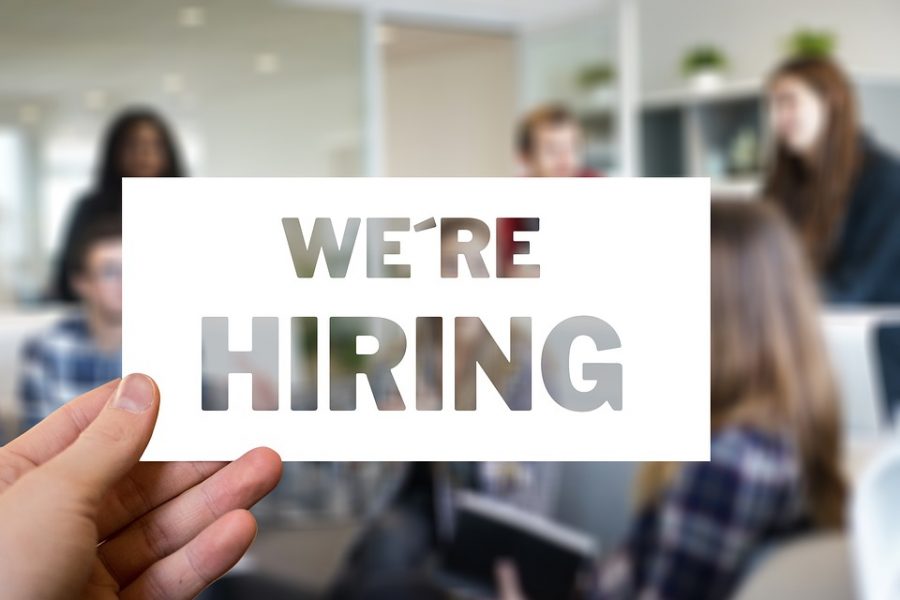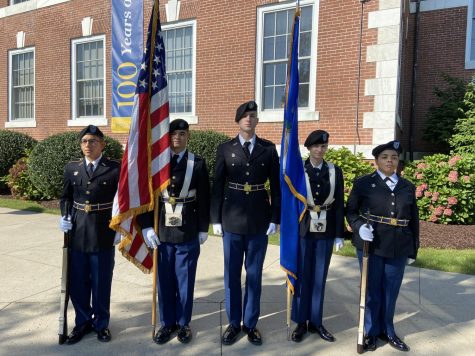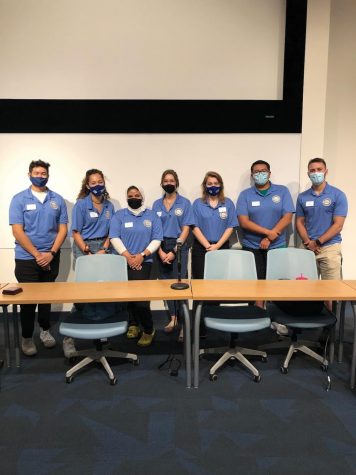How to Find a Job After Graduation
Students often find that looking for a job after college and an internship during college can be stressful. The Career Development Center (CDC), professors and online websites offer suggestions and guidance to make the process a little easier.
Professor Charles Peterson, internship director for the College of Business, recently helped craft an internship system and has interacted with many companies. He said companies look for students or recent graduates who know what they want and have prepared by researching the industry and its major companies to know what opportunities exist.
According to an article on Pongo, “a prospective employer will be impressed and consider you a serious job candidate if you can show that you know about who they are and what they offer.” The article stresses the importance of researching a company’s products, mission, team, and recent news prior to walking into any interview.
Making sure both your cover letter and resume are up-to-date and strong are two key factors. The CDC helps students with this process, they also offer mock interviews to prepare students for real ones.
“You know yourself the best, so be prepared to talk about yourself, your work experience, what you bring to the organization, your skill set, your goals, you overall as a person- professionally speaking and always keep it positive,” said Freddie Velazquez, the employer relations manager of the CDC, in regards to interviews.
As for summer internships, Peterson said that most are locked in during March, but others get filled in April and May.
“Don’t lose faith if you haven’t started your search yet,” he said.
Students look for internships to gain experience and most majors require that every student completes one. Internships can also lead to job offers.
“67% of interns are offered full-time positions; 76% of these offers are accepted and 51% of employers’ full-time entry-level college hires came from their internship programs,” according to the National Association of Colleges and Employers.
Forbes came out with an article last January explaining ten of the most common mistakes most job seekers make. One of the mistakes listed was that people will take the first job they are offered, even if it is disappointing. Job seekers should keep their options open. Another common mistake was job seekers not properly branding themselves for the position they want.
Velazquez said the biggest mistake job seekers should avoid is procrastination. He added that job seekers shouldn’t be afraid to apply to jobs.
What employers look for in potential employees can vary by company. Velazquez said that companies often look for “a well rounded individual who can do the job, be trained and who has leadership, and internship experience.”
Velazquez said that not everyone has work experience, but that everything you do is a learning experience. He works with many different employers and said that some look for a specific skill set over others.
“I like to tell our seniors don’t wait till the end and prepare yourself,” Velazquez said.










